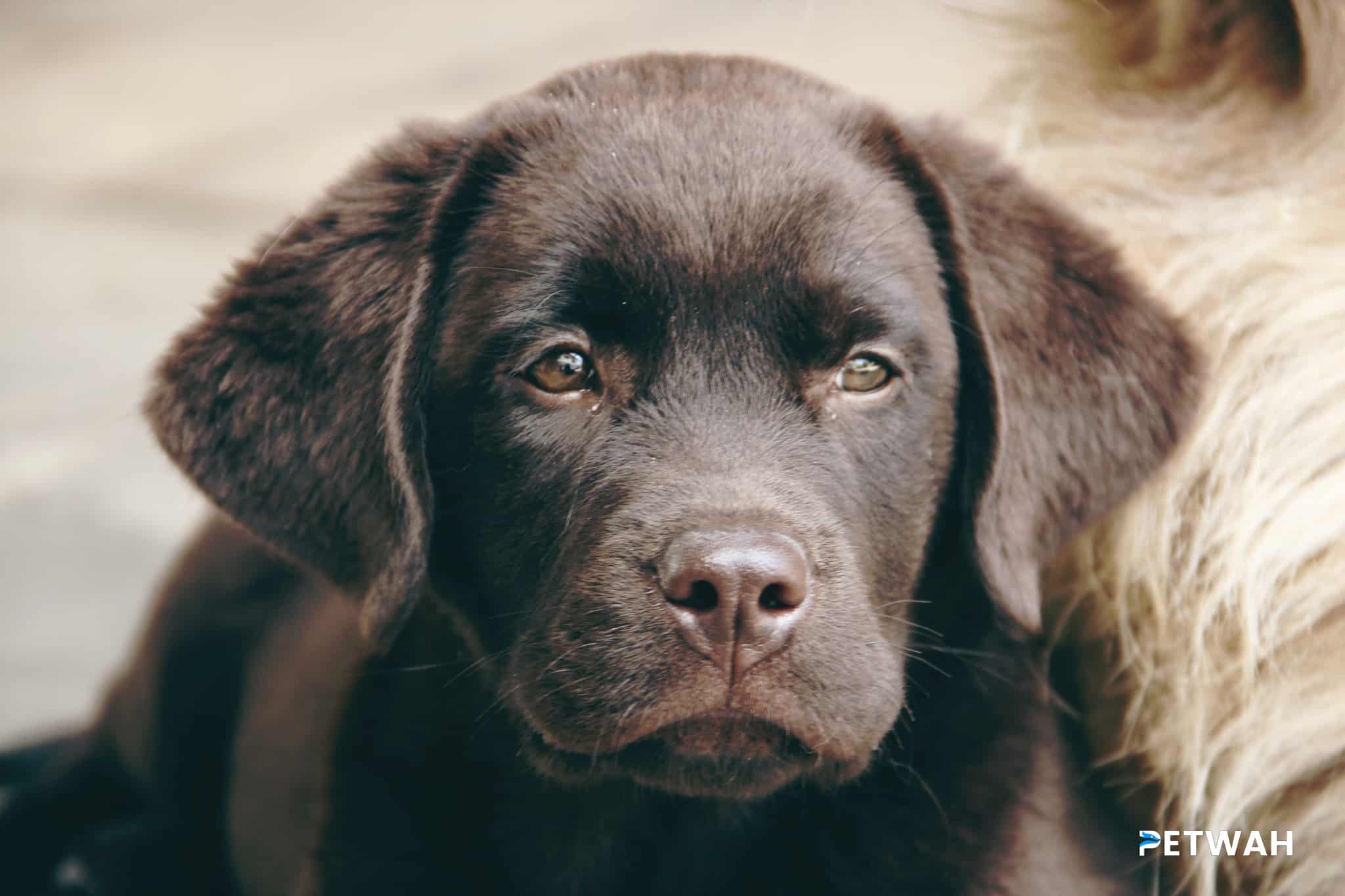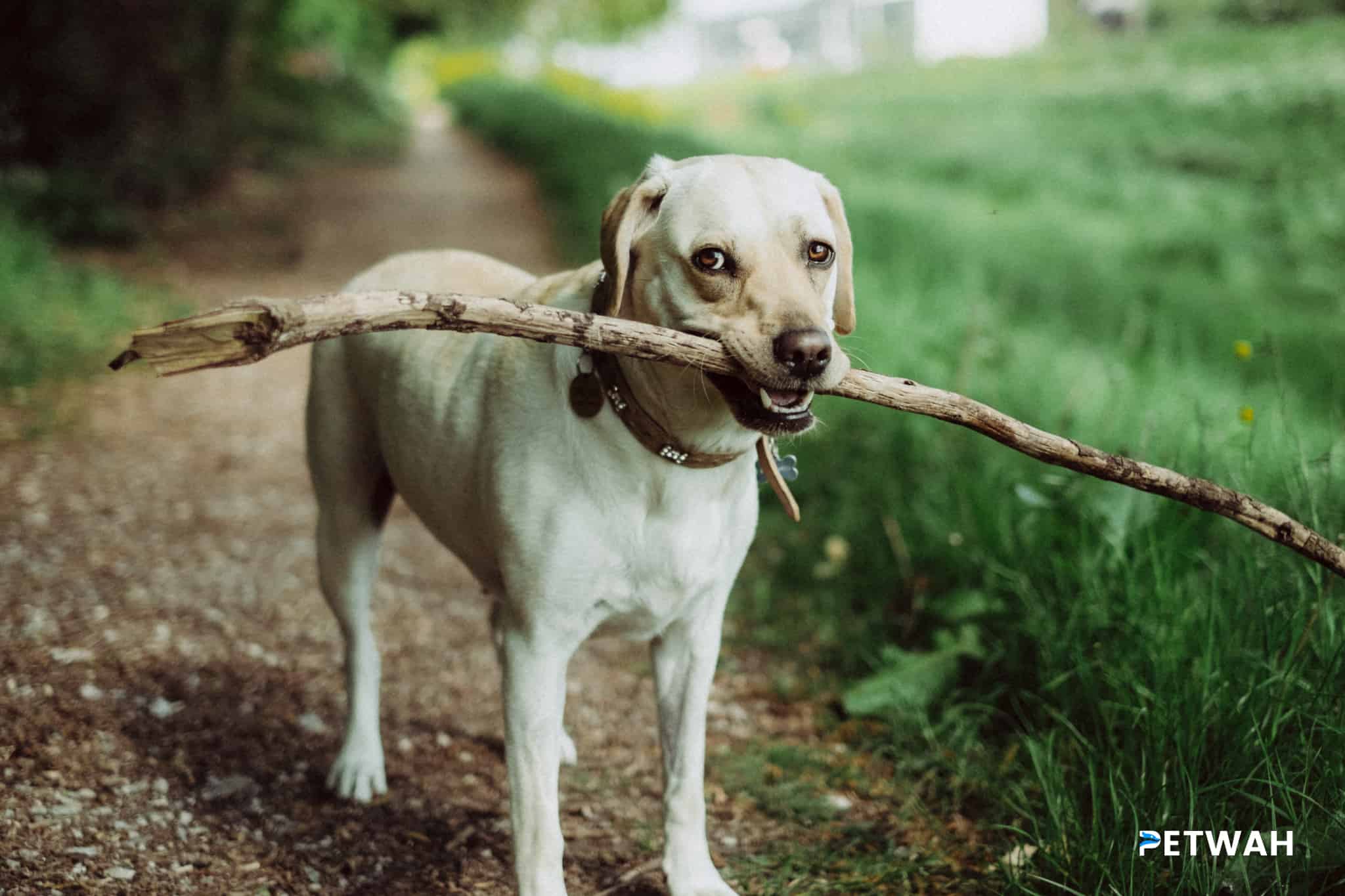.jpg)
If you have a Labrador Retriever, you’re probably aware of their reputation as one of the most friendly and outgoing breeds of dog. But what happens if your Labrador Retriever suddenly starts displaying aggressive behaviors, such as nipping, growling, or outright biting? In this blog post, we’ll explore the underlying causes of Labrador Retriever aggression, how to identify the warning signs, and what you can do to prevent it from happening in the first place. With the right knowledge and understanding, you can ensure that your Labrador Retriever remains a safe and happy companion.
Labrador Retrievers are one of the most popular breeds of dogs in the world, and it’s easy to see why. They’re very loyal, friendly, and intelligent dogs that make great family companions. However, they can also exhibit aggression, which can manifest itself in the form of biting or other aggressive behavior. It’s important to understand the causes of this aggression in order to prevent it and keep your pup safe.
First and foremost, it’s important to understand that all types of aggression can be traced back to some underlying issue that needs to be addressed. Labradors are often bred to be working dogs, and may have a natural instinct to guard their owners and property. If they feel threatened or scared, they may exhibit aggressive behavior as a way to protect themselves.
It’s important to remember that aggression often occurs when a dog is scared or threatened. If your Labrador is exhibiting aggressive behavior, it’s important to assess the situation to determine the cause. If there is no obvious cause, it may be a sign that your pup is feeling anxious or stressed.
In addition to fear and anxiety, aggression can also be caused by territoriality, dominance, or even boredom. Territoriality can be an issue if your pup feels that their territory is being invaded. Dominance can be an issue if your pup feels that they need to be in control of a situation or person. Boredom can result in aggressive behavior if your pup is not getting enough exercise or mental stimulation.
No matter what the cause of your Labrador’s aggression, it’s important to take steps to prevent it from happening in the first place. Proper socialization from an early age is important for any dog, but it’s especially important for Labradors, as they are prone to exhibiting aggressive behavior. Socializing your pup ensures that they become comfortable around other dogs, people, and animals.
It’s also important to make sure that your pup gets plenty of exercise and mental stimulation. Labradors are very active dogs and need plenty of physical and mental stimulation in order to stay healthy and happy. Take your pup for daily walks, play fetch with them, or take them to the dog park. These activities will help your pup stay happy and content, which in turn will help prevent any aggressive behavior.
Finally, it’s important to be aware of the signs of aggression and intervene immediately if you see any. Signs of aggression include growling, snapping, and biting. If your pup is exhibiting any of these behaviors, it’s important to remove them from the situation immediately and seek help from a professional.
Understanding Labrador Retriever aggression and how to prevent biting is essential for any Labrador owner. By understanding the causes of aggression and taking steps to prevent it, you can ensure that your pup stays happy and healthy. Proper socialization, exercise, and mental stimulation are key to preventing aggressive behavior, and intervening quickly if it does occur. With the right care and attention, you can ensure that your pup will remain a loving and loyal companion for years to come.
In conclusion, Labrador Retriever aggression is a serious issue that can be exacerbated by improper socialization and training. To prevent biting, it is crucial to build trust and respect with your Labrador Retriever while providing them with positive reinforcement. It is also important to be aware of their body language and adjust the environment accordingly. With a proper understanding of Labradors and their unique needs, the right training and socialization, and a lot of patience, owners can successfully prevent biting, create a safe and happy environment for their beloved pet, and enjoy their life with their Labrador Retriever for years to come.


.jpg)
.jpg)
.jpg)



